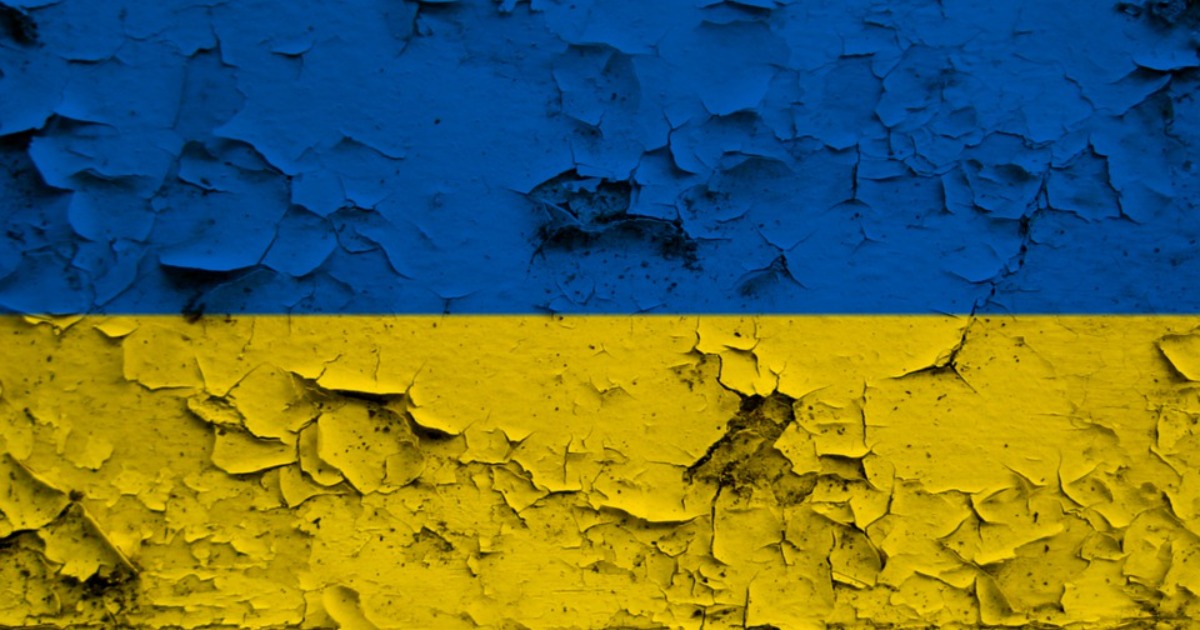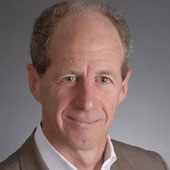A New Era for Ukraine?
After his resounding victory, Ukraine’s new president Volodymyr Zelensky vows to move the country into the 21st century.
April 22, 2019

The day before the first round of Ukraine’s presidential elections, President Petro Poroshenko held an outdoor prayer service. From a hilltop alongside a monument to Vladimir the Great, the 10th century prince of Kyiv, Mr. Poroshenko prayed for national unity.
Three weeks later, his prayer for unity has been answered in spades, but with broad nationwide support catapulting his opponent Volodymyr Zelensky to Ukraine’s presidency.
In winning the second-round runoff by a decisive margin with 73% of the vote, Mr. Zelensky carried each of Ukraine’s 25 regions except one – from the country’s Ukrainian-speaking west to its principally Russian-speaking east.
A study in contrast
Ukraine’s seventh presidential election since its independence in 1991 was a study in contrast between the country’s old guard and a political newcomer.
Prior to his presidency, Mr. Poroshenko served as a deputy in Ukraine’s parliament, foreign minister, then minister of trade and economy and secretary of the national security and defense council. He amassed a fortune of over $1 billion after acquiring a Soviet-era chocolate factory.
Mr. Zelensky, a television actor, comedian and owner of a television film study, flaunted his lack of political qualifications. “I am not a politician,” Mr. Zelensky said at an open-air debate with Mr. Poroshenko in Kyiv’s Olympic stadium, two days before the second round vote. “I am just an ordinary human being who has come to break this system.”
Mr. Poroshenko appeared on numerous political talk shows and sought to address policy issues in his campaign, from programs of European association or economic reform, to Ukraine’s conflict with Russian-backed separatists in its eastern Donbass region.
Mr. Zelensky skirted television journalists and toured Ukraine’s cities with live concert shows instead. With his “no promises, no disappointments” mantra, he has desisted from formulating detailed policy proposals.
Mr. Poroshenko sought to leverage the presidency to project a statesmanlike image, while Mr. Zelensky showed up for a meeting with the leadership of Ukraine’s business associations in a t-shirt.
Mr. Poroshenko ran polished television ads with images of sunrises over Ukraine’s countryside and promoted his campaign with billboard advertisements. Mr. Zelensky stuck with social media.
Another victory for the outsider
Chalk up another victory for the political outsider. In this respect, Mr. Zelensky follows in the footsteps of other “outsider candidates” who have won presidencies on waves of popular dissent, such as Donald J. Trump in the United States, Emmanuel Macron in France or Jair Bolsonaro in Brazil.
If ever a democracy was prime for such an outside candidate, it’s Ukraine. A succession of five presidents since Ukraine’s independence have left the country on the outside of the European Union, with a western border it shares with EU countries Romania, Hungary, Slovakia and Poland.
Ukraine’s 2017 GDP was a meager $2,640 per capital, just one fifth of its more prosperous European neighbors.
Many Ukrainians are seeking out better livelihoods on the European side of that border. “Our biggest challenge is keeping our people here,” Vadim Boiko, the mayor of Starokazache village in Odessa region told me. “Why should they stay here and earn a few hundred dollars a month, when they can go to Poland or Romania and earn three or four times that?”
Ukraine’s single largest source of export earnings in 2018 was, according to the World Bank, $14 billion of remittances that Ukrainians working outside the country sent home. That’s more than five times the $2.5 billion of foreign direct investment in Ukraine last year.
Slow progress
For Ukraine’s western backers among the United States, Canada and the EU, the Poroschenko presidency has been a slow march, yet in the right direction.
Mr. Poroshenko signed an association agreement with the EU and has proceeded to meet its conditions. Economic growth has recovered after a 15.8% contraction from 2013 to 2015, which followed the country’s political uprising and the ouster of his predecessor, and the Ukrainian currency has stabilized.
At the end of last year the IMF approved a new $3.9 billion standby facility for the country.
For the Ukrainian people, however, Mr. Poroshenko’s presidency has been an exercise in unfulfilled promises and unimpeded corruption. “The sheep are good. It’s the shepherds who are the problem,” one Ukrainian told me.
Mr. Poroshenko appointed the very oligarch whom he claims to be Mr. Zelensky’s principal backer, Ihor Kolomoyskiy, as governor or the Dnipropetrovks region.
Mr. Kolomoyskiy funded the first volunteer battalions that fought in the Donbass region to confront the Russian-backed separatist rebellion. But in March 2015, Mr. Poroshenko dismissed Mr. Kolomoyskiy after he attempted a corporate raid of a State-owned oil company.
Ukraine’s Central Bank then nationalized Ukraine’s failing Privatbank, which as the country’s largest bank was owned by Mr. Kolomoyskiy. The IMF provided $5.6 billion of financing, equal to 5% of the country’s GDP, to bail out the bank and secure the savings of its depositors.
The Saakashvili misadventure
Mr. Poroshenko also had a misadventure with former Georgian president Mikheil Saakashvili, after appointing him as governor of the Odessa region. Former schoolmates in their university days, Mr. Poroshenko offered Mr. Saakashvili Ukrainian citizenship upon his appointment.
But when Mr. Saakashvili clashed with other Poroshenko appointees, accusing them of corruption, Mr. Poroshenko dismissed him as governor. When Mr. Saakashvili continued to voice his dissent publicly, Mr. Poroshenko stripped him of his Ukrainian citizenship, thereby rendering him stateless, and deported him from Ukraine. Mr. Saakashvili has vowed to return following Mr. Poroshenko’s presidency.
To put it simply, the Ukrainian people are fed up with over two decades of such leadership, and Mr. Zelensky channeled their frustrations. “I wasn’t an opponent of Petro Poroshenko. I voted for him in 2014,” he said at the debate. “But now we have lost five years.”
Is Zelensky ready?
The critical question now, is whether Mr. Zelensky is ready to lead Ukraine for the next five years. Will he indeed accelerate Ukraine’s path to EU association? Is he capable to serve as commander-in-chief of a country where the war in its Donbass region has claimed 13,000 lives?
Mr. Zelensky will likely be tested early. To start, Russia has just announced that it will ban the export of oil, petrochemicals and coal to Ukraine from June 1st. With much of its coal production situated in the conflict area in the Donbass, Ukraine now imports about 23% of its coal consumption from Russia.
Ukraine’s Joint Forces Operation reported that Russian-backed forces continued to attack Ukrainian positions during Ukraine’s election weekend.
As Mr. Poroshenko put it when the first round vote was reported, “Friends, this is not a joke, we won’t be laughing later.”
The gambit of the Ukrainian people is that a neophyte president is better than a leader who is well versed in the wayward practices of the past.
Mr. Zelensky will take office on June 3rd. “It’s time to move Ukraine into the 21st century,” he said. He has six more short weeks to prepare.
Takeaways
Ukraine’s seventh presidential election since its independence in 1991 was a study in contrast between the country's old guard and a political newcomer.
The Ukrainian people are fed up with the old leadership, and Zelensky channeled their frustrations.
After his resounding victory, Ukraine’s new president Volodymyr Zelensky vows to move the country into the 21st century.
Chalk up another victory for the political outsider -- Zelensky follows in the footsteps of Trump, Macron and Bolsonaro.
